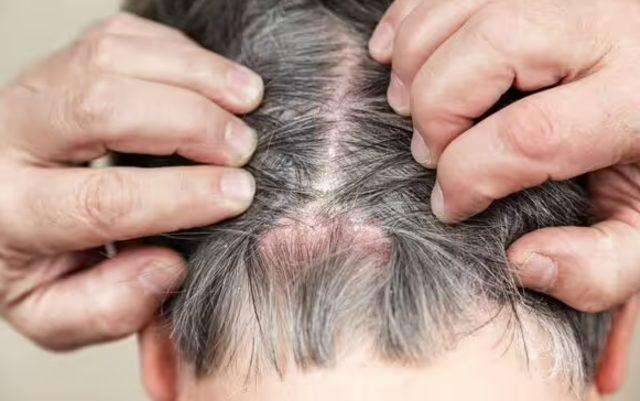Dandruff often begins in young adulthood and lasts through middle age. But experts state that dandruff may be a symptom of Parkinson’s disease.
Parkinson’s disease is caused by the deterioration of brain cells. This disease, which causes slowness in movements and difficulty in performing even the most basic needs, negatively affects the whole life. Early diagnosis and correct treatment are important in Parkinson’s disease.
Although Parkinson’s disease is thought to be generally seen in the elderly, this disease can also affect young people. Tremors, slow movements and slurred speech are known to be early symptoms of Parkinson’s. However, research shows that most people with this disease also suffer from scalp problems, including “stubborn” dandruff.
ATTENTION THOSE WHO SUFFER FROM DANDRUFF PROBLEMS!
Although the exact cause is unknown, the development of Parkinson’s disease is also associated with the onset of seborrheic dermatitis (SD). A new study found that SD is more common in people with severe movement symptoms. SD is a “common skin condition” that usually affects the scalp. People with PD suffer from three scalp problems. scaly patches, inflamed red skin, and “stubborn dandruff,” the Mayo Clinic explains.

IT AFFECTS A LOT OF PARKINSON PATIENTS
The health institution explains:
“It usually affects fatty areas of the body, such as the face, sides of the nose, eyebrows, ears, eyelids, and chest. The skin condition is thought to affect 19 to 59 percent of patients with Parkinson’s disease, according to many laboratory studies. Roughly 88 percent of Parkinson’s patients who get SD While i experience SD on their faces, 70 percent experience scalp problems.

DO NOT IGNORE THE SWEATING PROBLEM
Some researchers have suggested that natural microorganisms in the skin are disrupted in Parkinson’s disease. An experiment suggested a different explanation: high yeast density in Parkinson’s patients. There are other unusual symptoms that people with Parkinson’s disease may experience. Both excessive sweating (hyperhidrosis) and not sweating enough (hypohidrosis) can be symptoms of the condition.

IT CAUSES DISRUPTION OF THE NERVOUS SYSTEM
According to the Parkinson’s Association of British Columbia, excessive sweating causes disruption of your autonomic nervous system. Your autonomic nervous system controls many automatic functions in your body, such as heart rate, digestion, blood pressure and sweating. “The ANS controls sweating and many other processes in the body, and Parkinson’s patients often experience a reduced ability to naturally regulate some of these processes, including sweating,” the health agency explains.

